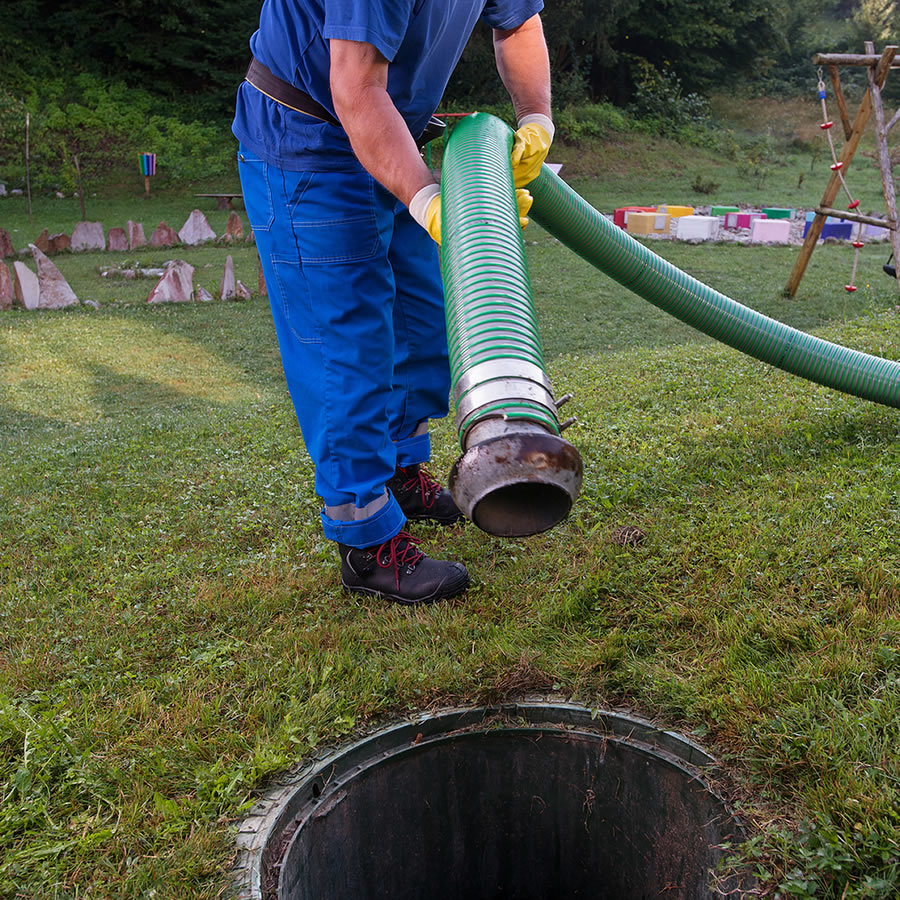
19
If you are among the twenty percent of homeowners whose home is NOT connected to a centralized sewer system, then you likely have a septic system installed on your property. Though you are saved from paying monthly sewer bills, the septic system’s maintenance and repairs are fully your responsibility. Luckily, you have septic companies like Charlotte Septic Pros on your side. Here are some of our major septic maintenance tips. If you have any additional questions or concerns, or if it is time for your septic tank cleaning or septic pumping, then call Charlotte Septic Pros today. We are thrilled to serve Charlotte and surrounding areas.
The septic tank is buried underground, so it’s not exactly feasible to "check on it" whenever you want. Even if you could, most homeowners don’t want to open the lid and let that stench out. Still, routine inspections are crucial. As you know, the septic tank is limited in capacity. If the tank overloads, then you could end up dealing with a lot of, well, stink. Overloaded septic tanks can cause sewage leaks and sewage backups. Yuck!
So, what do you do about that full septic tank? First of all, you never want it to fill to the brim. We recommend homeowners schedule a septic tank pumping once every two to four years depending on the size of the tank and your household’s activity levels. We also recommend a septic tank cleaning once every other septic pumping appointment. Septic pumping quickly frees up space while septic cleaning is like deep cleaning.
We mentioned overloaded septic tanks earlier, but let’s dive deeper – metaphorically. Septic tanks fill over time, but they can also fill up suddenly if you are not careful. Use water efficiently to avoid such disasters. If you depend on a septic system, then installing a jacuzzi is probably a bad idea. Further, avoid running the dishwasher and laundry machines at the same time. Stagger water usage to avoid overwhelming the septic tank and drain field.
Your septic system is a lot more sensitive than a centralized sewer system. So, you have to be extra mindful of what goes in the drains and toilet. Here are some things to keep in mind:
Your drain field is where the wastewater goes and filters through the soil for treatment. As you can imagine, the drain field is sensitive to pressure. Compacted soil will cause problems. Therefore, do NOT park on or drive over the drain field. Similarly, do NOT plant trees or install structures on top of the drain field or near it. You should also make sure drainage does not lead water to the drain field as this can overwhelm the drain field.
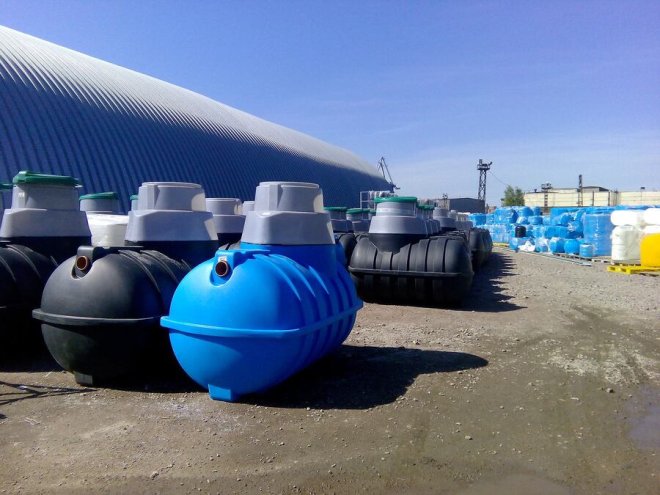
28
How to Prepare for Septic System Installation Installing a septic system is a major investment for any property that lacks…
Read more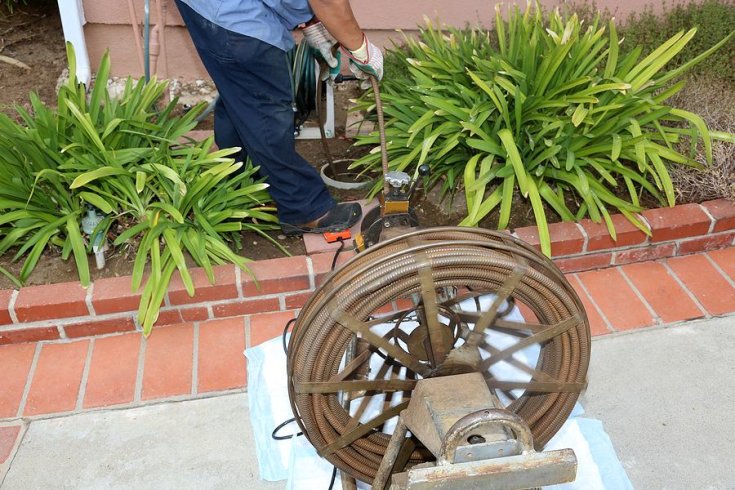
20
How Main Drain Cleaning Can Prevent Sewer Backups Sewer backups are one of the most unpleasant plumbing emergencies homeowners can…
Read more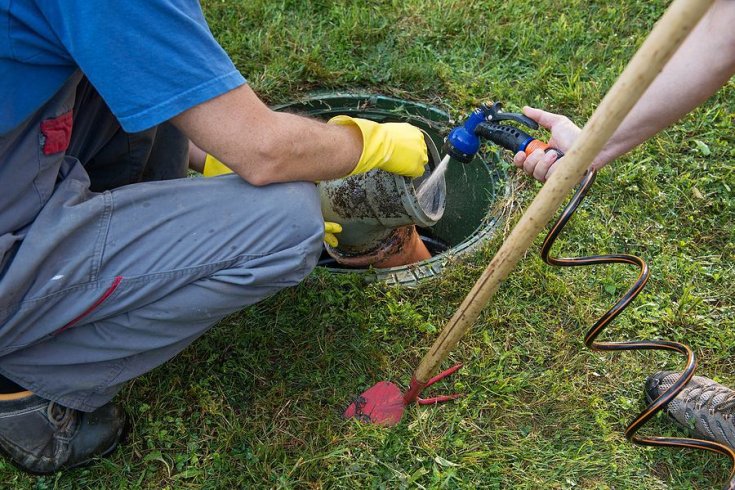
13
What to Do When You Have Drainage Problems Drainage problems can be frustrating and cause serious damage if left untreated.…
Read more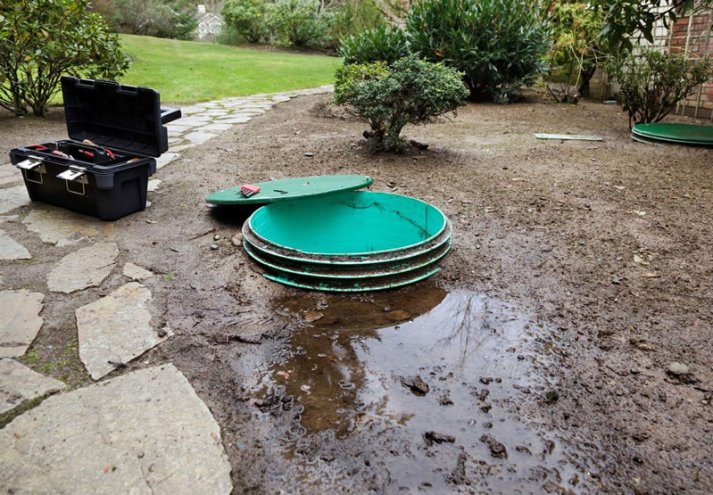
04
Signs and Causes of Septic Leaks A leaking septic system can pose serious health and environmental risks. If left untreated,…
Read more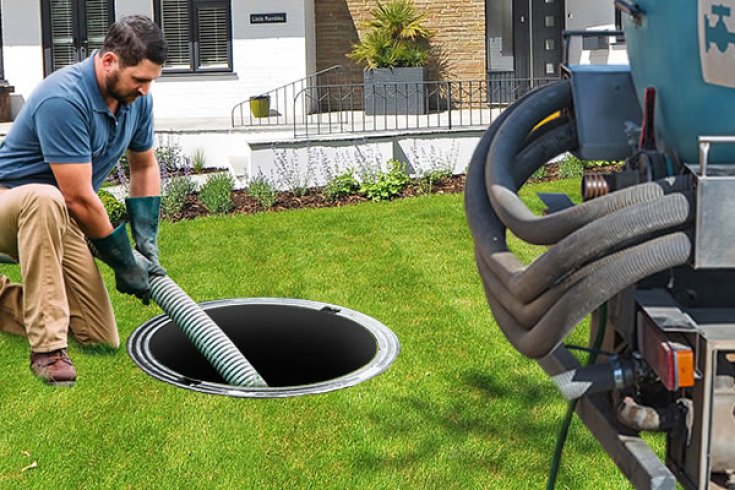
02
Unusual Septic Tank Blockages: Keeping Your Septic System Healthy A properly functioning septic system is crucial for any home or…
Read more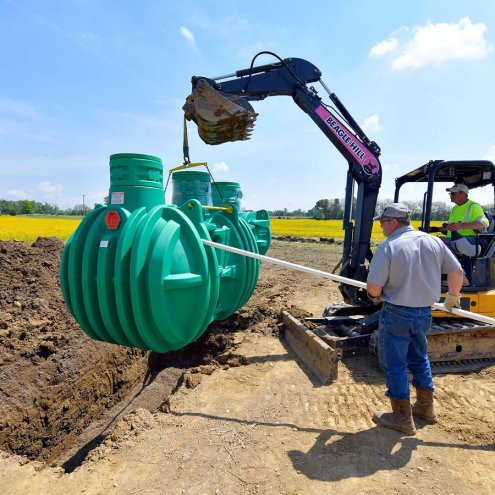
23
Seasonal Weather and Septic Systems Tank Your septic system plays a vital role in managing household wastewater, but seasonal weather…
Read more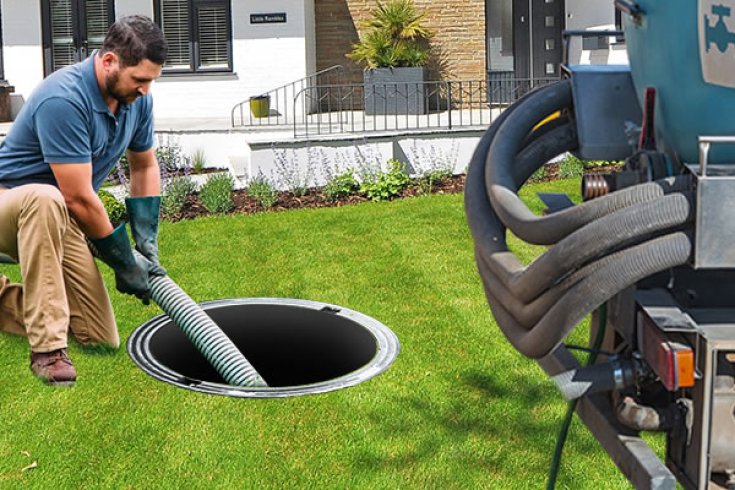
15
Why Toilet Paper Matters to Your Septic Tank Many homeowners don’t give much thought to their toilet paper—until it starts…
Read more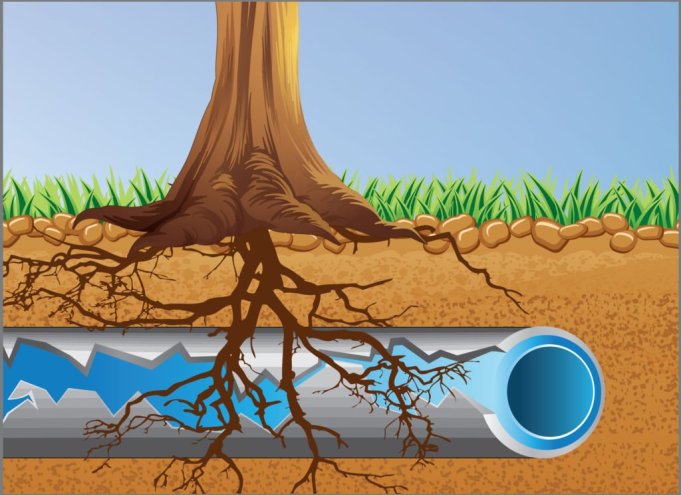
21
Tree Root Infiltration of Septic Systems We love the trees in our yards and in our environment. Just by looking…
Read more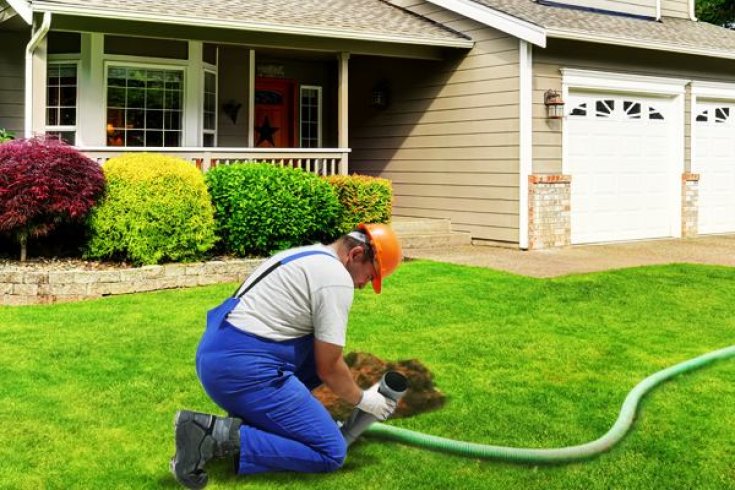
12
Preparing Your Pipes & Drains for the Winter With winter on the horizon, homeowners need to implement specific measures to…
Read more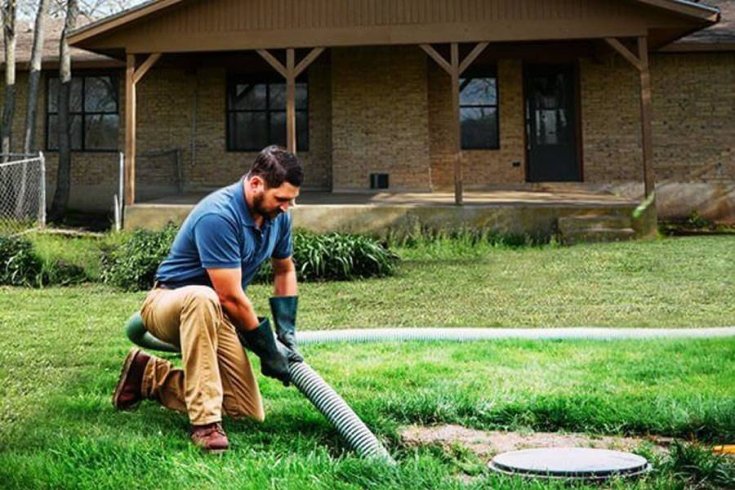
05
Buying a New Home? Invest in a Septic System Inspection When purchasing a new home, many buyers focus on visible…
Read more